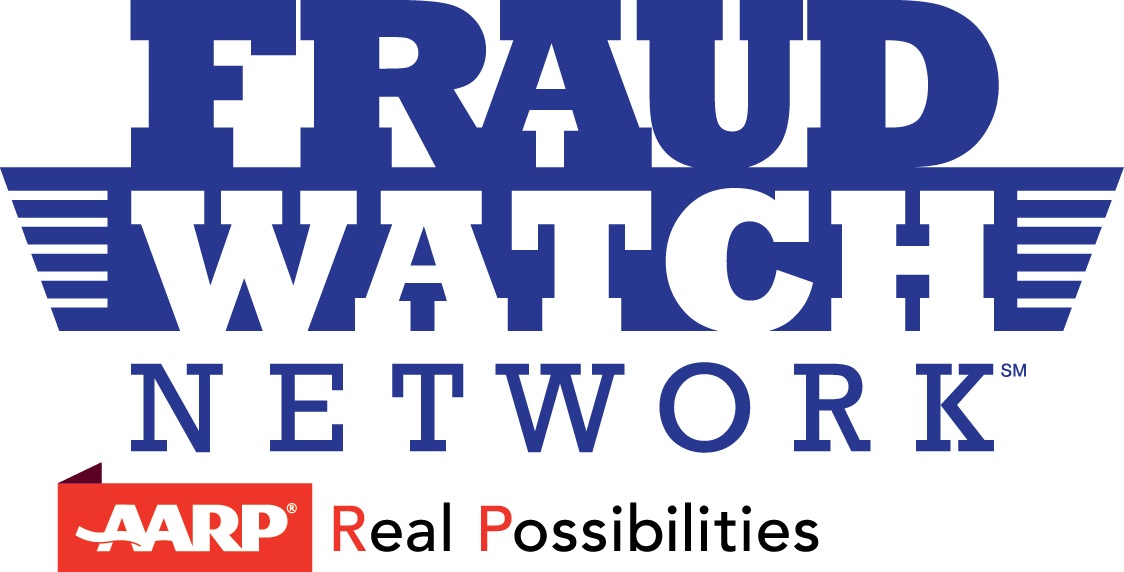AARP Hearing Center

Questions about accurate pricing at the supermarket recently made national headlines when the New York City Department of Consumer Affairs found Whole Foods stores were systematically overcharging consumers for pre-packaged foods. In more than 80 cases ranging from grab-n-go sandwiches and salads to packaged lunch meat, the items were short the labeled weight.
Pennsylvania is particularly vulnerable to a similar consumer deception according to Mary Bach, noted consumer advocate and chair of the AARP Pennsylvania Consumer Issues Task Force. Bach is well known for her successful lawsuits against national corporations for overcharging consumers.
“This isn’t just a New York problem or just a Whole Foods problem,” Bach said, “There’s no question, I believe the same thing is happening in grocery stores in Pennsylvania.”
She says Pennsylvania does not have a uniform grocery package checking policy. The Division of Weights and Measures in the state Department of Agriculture is responsible for monitoring the accuracy of scales and scanners in grocery stores. Unfortunately, the unit is both underfunded and understaffed, creating a dangerous lack of oversight that hurts consumers.
“We consumers must know our rights and be willing to stand up for ourselves in the retail marketplace,” Bach said.
She offered these tips to prevent being overcharged at the grocery store.
1. Be Aware
First and foremost, know your rights as a consumer. Educate yourself so that you are a prepared shopper. Bach says there is no substitute for the power of education when it comes to getting the biggest bang for your buck.
2. Weigh it yourself
Supermarkets often have a scale you can use to check the price of any item that's priced by weight. Ask an employee or look for it in the produce area. And if you discover a mislabeled weight, some stores will let you get a similar item for free.
3. Watch for the “tare”
Tare is the weight of the container of the item. Before measurement, stores are supposed to deduct this weight so you are not paying for the weight of the container. If you get the item weighed at the deli or another location, watch the scale for the minus sign (-), indicating that the worker deducted the container weight. If you don’t think the worker has done so, say with a smile, “did you take off the tare?” and hopefully the worker will recognize their mistake and reweigh your item.
4. Slow Down
Ask yourself, do the prices make sense? Does the weight correspond between the package and the scale?
“It may only be dimes and quarters, but it’s simply against the law,” said Bach. “Take your time to double check prices and weights so you don’t fall victim to repetitive overcharging-- a few seconds can save you a few cents.”
If you believe you've been a victim of short-weighting or overcharging, contact the Division of Weights and Measures in the Pennsylvania Department of Agriculture at 717-787-9089 or 800-877-837-8007.
For information about other scams, sign up for the Fraud Watch Network . You’ll receive free email alerts with tips and resources to help you spot and avoid identity theft and fraud, and gain access to a network of experts, law enforcement and people in your community who will keep you up to date on the latest scams in your area.































































